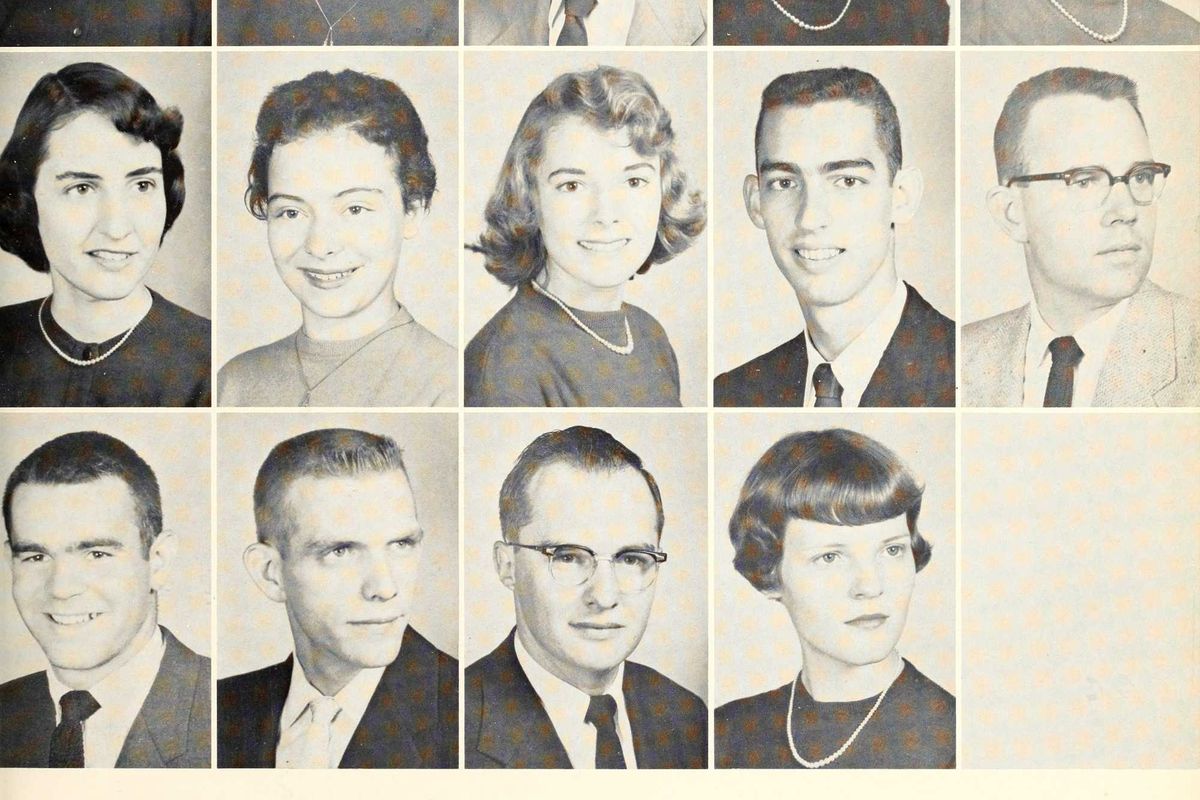Samantha Bee just can't with Texas' ridiculous new abortion law.
Lawmakers from around the country are so concerned about women's health, they've gone out of their way to make sure clinics that offer abortions are as "safe" as possible.
Image via "Full Frontal with Samantha Bee"/YouTube.
These laws — which regulate everything from the sex segregation of changing rooms in a facility to the width of the hallways — are so strict that dozens of clinics across the U.S. have been forced to close.
Image via "Full Frontal with Samantha Bee"/YouTube.
Between 2010 and 2013, more than 50 had shut their doors.
Samantha Bee spoke to one of the authors of one such law — Texas' HB2 — which currently is being challenged at the Supreme Court. To hear him tell it, he's just a sweet old guy who's concerned for everyone's safety. How considerate!
As funny as Bee's segment was, these laws are no joke.
Unable to overturn Roe v. Wade, abortion opponents have resorted to a sort of slow chipping away of abortion access at the state level. According to the Guttmacher Institute, a reproductive rights advocacy organization, states have enacted 231 abortion restrictions in just the last four years. After Texas' HB2 was passed, more than half of Texas' clinics were forced to close.
A map of the remaining abortion clinics in Texas, mostly clustered in large urban areas, leaving many rural Texans with few options for reproductive health services. Image via "Full Frontal with Samantha Bee"/YouTube.
Areas like Texas' Rio Grande Valley — home to many poor and immigrant women — have seen their last clinic close in the last several years, forcing those seeking abortions to travel 240 miles to the nearest facility. As a result, reports of illegal abortions or people crossing into Mexico for the procedure are on the rise.
Ilyse Hogue, president of NARAL Pro-Choice America. GIF via "Full Frontal with Samantha Bee"/YouTube.
Even before HB2 was passed, a Texas Policy Evaluation Project report found that an estimated 100,000 Texans have tried to self-induce abortions. Many of those surveyed in the study cited lack of affordable access to reproductive health services as a reason.
As part of the Supreme Court case against HB2, real people who have chosen abortion have been sharing their stories with the justices. And they're critically important.
Photo by Nicholas Kamm/Getty Images.
"I often tell people — and I believe it to be true — that access to a safe, legal abortion saved my life. If I had not had an abortion, I would have never been able to graduate high school, go to college, [or] escape my high-poverty rural county in Oregon.
"I was living in a three-bedroom house with nine people in an economically struggling area of town and I had no child care options available, besides dropping out of school. ... However, once I had my abortion, I was registered back in school three weeks later and went on to earn the highest grade-point average (GPA) in my high school, earning the opportunity to speak at graduation."
\n\n\n\n\n\n\n\n\n\n\n\n\n\n\n\n\n\n\n\n\n\n\n\n"[A]t the age of 18, I knew that I wanted to be a lawyer and did not want to follow in the footsteps of my mother, my grandmother and my great-grandmother in becoming a mother by the age of 18. Taking control of my reproductive freedom gave me the ability to be the first person in my family to graduate from high school, the first person to graduate from college, and the first person to achieve a post-graduate degree."
Many court watchers expect the justices will deadlock 4-4 on the case, which would leave the lower court ruling upholding Texas' law in place.
Should that happen, millions of Texas women will continue to have poor access to safe, reliable reproductive health care.
Relying on the courts to strike these restrictions down is no guarantee. If we want to get rid of them, we need to elect lawmakers who won't pass them in the first place.
Photo by Tom Pennington/Getty Images.
Not just presidents and senators, but congressmen. State senators. State legislators. County executives. Mayors. Look up who supports the right to safe, affordable abortion services, and support them in turn.
\n\nNot just this year, or every four years when there's a huge presidential election, but every election year, no matter how boring or insignificant. (Bee ran a pretty terrific segment on why this is so important in the same show.) Small elections can have big consequences.
\n\n\n\n\n\nVote.





 In a 4-day model, kids often (but not always) receive less instructional time. Photo by
In a 4-day model, kids often (but not always) receive less instructional time. Photo by 
 Smiling at work, checking messages during a break.
Smiling at work, checking messages during a break. Man focused on his phone screen, deep in thought.
Man focused on his phone screen, deep in thought. Focused multitasking at the office.
Focused multitasking at the office.